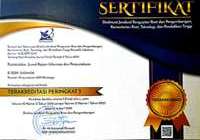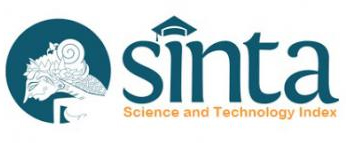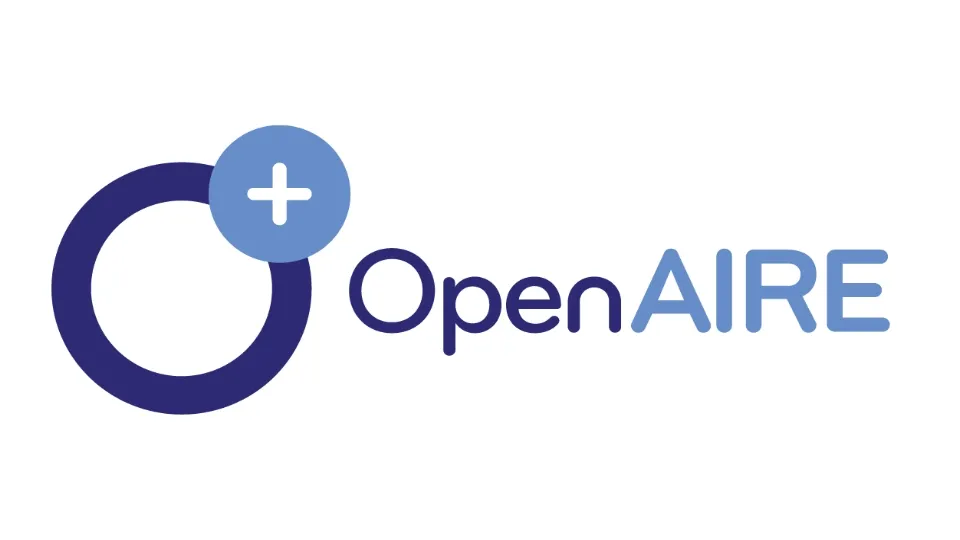Strategi Akuisisi Konten Institusional Repository Perpustakaan UIN Sunan Kalijaga
DOI:
https://doi.org/10.21154/pustakaloka.v9i2.1106Keywords:
acquisition, institusional library content, UIN Sunan Kalijaga libraryAbstract
Institusional repository (IR) is an information resource getting spread in some university libraries in Indonesia in the last ten years, including UIN Sunan Kalijaga library. IR as to be an important information resource alternative to the user on acessing information are produced by UIN Sunan Kalijaga academicians. The study aim to know some aspects on IR content aquisition was generated by UIN Sunan Kalijaga library, and how the strategy on encreasing the academicians angagement in IR content acquisition. The study find that the self upload policy of the academician works, and the rector’s decision that all of academician must submit their works to the library as the important things on increasing the academician engagement in the IR content acquisition.Downloads
Published
Issue
Section
License
Requirements to be met by the author as follows:
- Author storing copyright and grant the journal right of first publication manuscripts simultaneously with licensed under the Creative Commons Attribution License that allows others to share the work with a statement of the work's authorship and initial publication in this journal.
Authors can enter into the preparation of additional contractual separately for non-exclusive distribution of a rich version of the journal issue (eg: post it to an institutional repository or publish it in a book), with the recognition of initial publication in this journal.
Authors are allowed and encouraged to post their work online (eg, in institutional repositories or on their website) prior to and during the submission process, because it can lead to productive exchanges, as well as citations earlier and more severe than published works. (see The Effect of Open Access).















